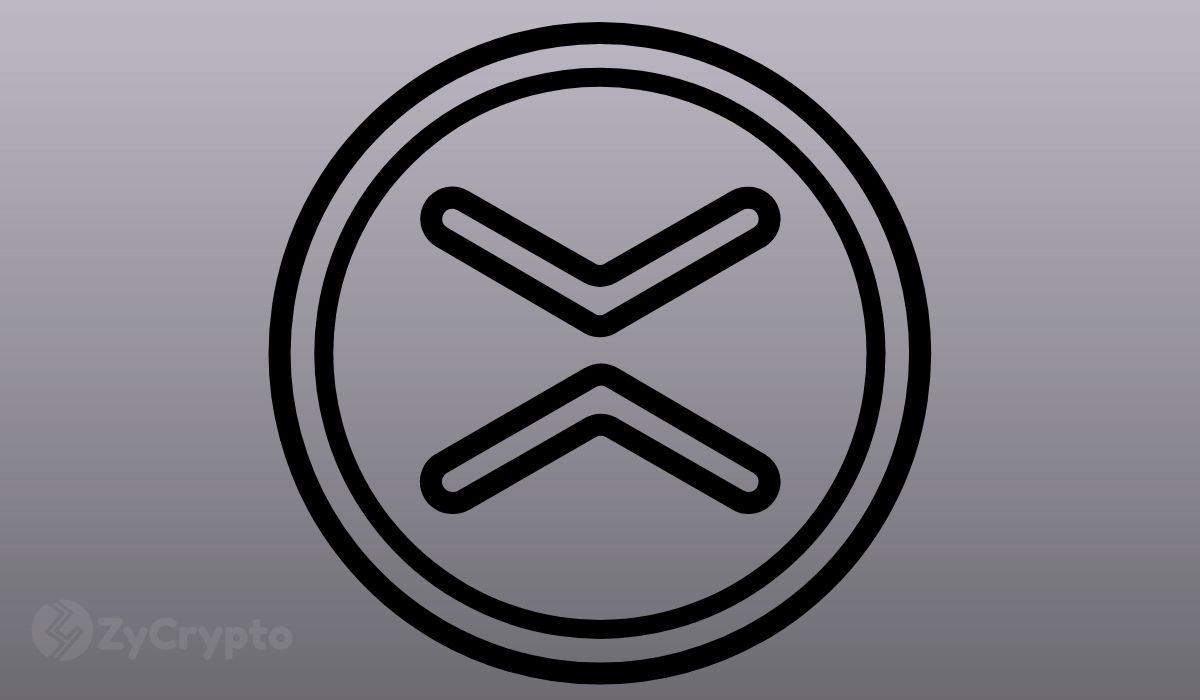The twists and turns continue to unfold in the ongoing legal saga between the United States Securities and Exchange Commission (SEC) and Ripple Labs. It’s worth recalling that the SEC filed a lawsuit against Ripple, alleging the unregistered sale of XRP as securities.
Additionally, Judge Torres ruled that XRP isn’t classified as a security. As the case advances towards trial, examining whether Ripple CEO Brad Garlinghouse and Executive Chairman Chris Larsen aided and abetted Ripple in selling XRP to institutional investors, the SEC initiated a motion to file for interlocutory appeal concerning programmatic and other sales of XRP.
In that filing, the SEC changed its language and stated it did not seek a review of the underlying asset XRP and called it “nothing but computer code with no inherent value”.
Indeed, even UK regulators have asserted that cryptocurrencies lack intrinsic value. But, as crypto observer and lawyer Bill Morgan argues, the SEC now tries to convince judges that cryptocurrencies are not commodities. He points out that Judge Torres viewed the Gram token as a commodity, something the SEC would be quite unhappy about.
Morgan said: “I think the SEC believes its job is made easier on certain prongs of Howey in crypto cases if it can convince courts that cryptos have no intrinsic value. It means that issuers need to find utility to give value to a crypto with no inherent value.”
Is the SEC trying to Cut Corners?
Morgan thinks the SEC wants to make its job easier by convincing courts that cryptocurrencies lack inherent value according to the Howey test. This means issuers must find utility to give value to these cryptocurrencies. These efforts then satisfy the third prong of Howey, and investors rely on them for value and potential gains. Without these efforts, cryptocurrencies have no value or price increase.
Morgan calls this approach flawed, as the value of XRP comes from its properties and can’t be seen in isolation from the XRP-Ledger (XRPL). While some have called it a new rail for the global payment system, the Australian lawyer likens it to wheels. Much like wheels, which have transformed the world, their value doesn’t reside independently but in their combination.
What is the SEC Agenda?
The question arises: Why is the SEC attempting to treat other cryptocurrencies differently? John E. Deaton, another prominent attorney in the field, asserts that the SEC has ‘completely lost sight of its mission and purpose.’ While a 2018 memo might contain crucial information, despite not being public, Deaton claims that it does not affirm the SEC’s stance that XRP is a security.
This was followed by years of uncertainty, where Ripple tried to get clarity from the SEC, yet was denied this and told to “keep talking to [SEC] staff about that”. Bill Hinman famously stated after the memo that Ethereum and Bitcoin were no securities but failed to mention XRP.
At the time, Ripple CEO Brad Garlinghouse said, “Ripple is living in purgatory”. The lawsuit and the ongoing efforts by the SEC to bring enforcement upon Ripple and XRP are what many blame for XRP’s lacklustre price performance. XRP had held the spot of number two in the crypto market prior to the lawsuit and was seen as the future of the banking system.
At the time of writing, XRP trades hands for $0.5, just up by 0.31% in 24 hours, according to data from CoinMarketCap.







